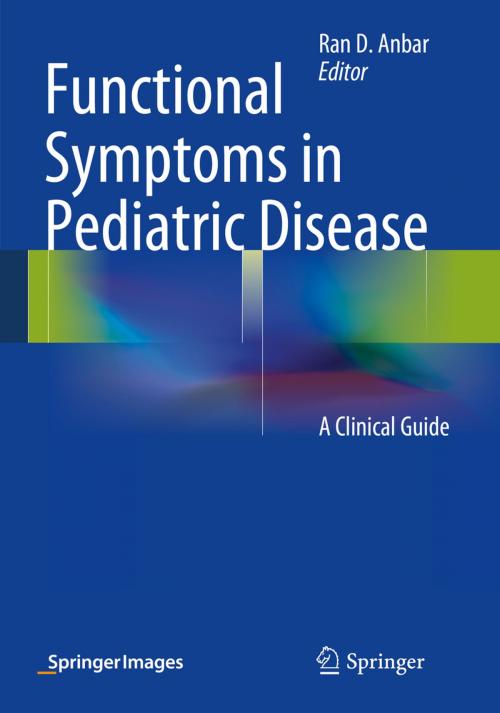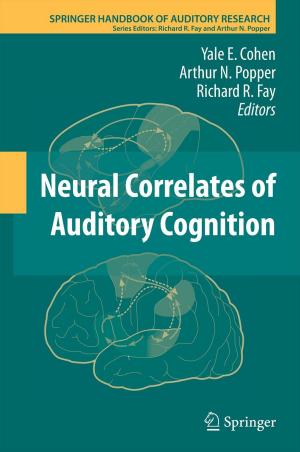Functional Symptoms in Pediatric Disease
A Clinical Guide
Nonfiction, Health & Well Being, Medical, Specialties, Pediatrics, Family & General Practice| Author: | ISBN: | 9781489980748 | |
| Publisher: | Springer New York | Publication: | March 12, 2014 |
| Imprint: | Springer | Language: | English |
| Author: | |
| ISBN: | 9781489980748 |
| Publisher: | Springer New York |
| Publication: | March 12, 2014 |
| Imprint: | Springer |
| Language: | English |
Many children with medical conditions fail to improve despite physicians' best efforts. Sometimes, we ascribe this failure to lack of adherence to therapy or to the severity of the condition. What we often fail to appreciate, however is that sometimes the lack of improvement can be explained by the patients' psychological states. The first section of Functional Symptoms in Pediatric Disease: A Clinical Guide teaches children's health care providers to recognize functional symptoms that can complicate organic disease as well as symptoms that are believed to be purely functional in origin. Literature reviews, case studies and quizzes are provided in each chapter, with video demonstrations included in some of the chapters. The second section of the book will help clinicians differentiate the patients for whom referral to a mental health provider is mandatory from those for whom other approaches may be useful. For the latter group, the book teaches clinicians to empower themselves by learning how to incorporate various therapies for functional disorders into their practice, including biofeedback, basic cognitive behavioral therapy techniques, hypnosis, acupressure, yoga and meditation. Practical strategies for obtaining training in these modalities are provided in the appendix. Useful for practicing clinicians including pediatricians, family practitioners, pediatric subspecialists, child psychiatrists, psychologists, other mental health care providers and practitioners of alternative and complementary medicine, Functional Symptoms in Pediatric Disease: A Clinical Guide is an important new book that will help children's health care providers consider the possible impact of functional contributions to the clinical presentation of their patients.
Many children with medical conditions fail to improve despite physicians' best efforts. Sometimes, we ascribe this failure to lack of adherence to therapy or to the severity of the condition. What we often fail to appreciate, however is that sometimes the lack of improvement can be explained by the patients' psychological states. The first section of Functional Symptoms in Pediatric Disease: A Clinical Guide teaches children's health care providers to recognize functional symptoms that can complicate organic disease as well as symptoms that are believed to be purely functional in origin. Literature reviews, case studies and quizzes are provided in each chapter, with video demonstrations included in some of the chapters. The second section of the book will help clinicians differentiate the patients for whom referral to a mental health provider is mandatory from those for whom other approaches may be useful. For the latter group, the book teaches clinicians to empower themselves by learning how to incorporate various therapies for functional disorders into their practice, including biofeedback, basic cognitive behavioral therapy techniques, hypnosis, acupressure, yoga and meditation. Practical strategies for obtaining training in these modalities are provided in the appendix. Useful for practicing clinicians including pediatricians, family practitioners, pediatric subspecialists, child psychiatrists, psychologists, other mental health care providers and practitioners of alternative and complementary medicine, Functional Symptoms in Pediatric Disease: A Clinical Guide is an important new book that will help children's health care providers consider the possible impact of functional contributions to the clinical presentation of their patients.















